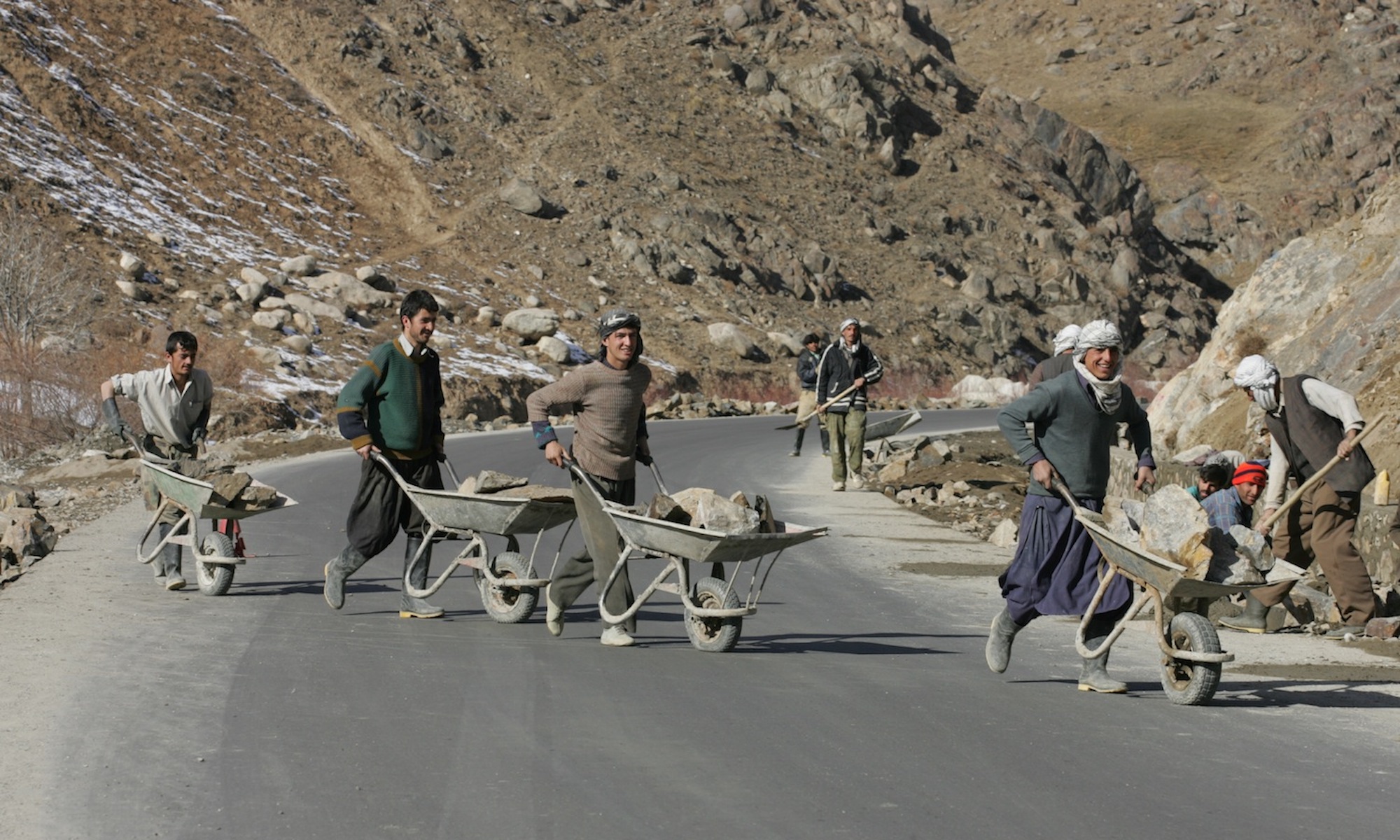When discussing the end of British colonial rule in Africa, many historians have highlighted the role of postwar international relations and the impact of domestic imperial politics on decolonization and have failed to recognize the role of African nationalists. This article argues that such a viewpoint is flawed because it conceives of colonial policy makers as isolated and autonomous entities impervious to changes taking place in the colonies. The national liberation movements in Ghana, Central Africa, Kenya, and other regions of East Africa are explored in this article to illustrate the central role that colonial subjects played in the British decolonization of Africa. While dominant scholarship on the failures of the post-colonial state has made studies of decolonization and African nationalism less fashionable, it is becoming increasingly clear that our understanding of the nature and mechanics of the crises that beset the continent requires taking fresh stock of the record of European colonial rule in Africa. In this regard, the study of colonialism and decolonization in continues to be of critical relevance.
Postconflict Monetary Reconstruction
During civil wars governments typically resort to inflation to raise revenue. A model of this phenomenon is presented, estimated, and applied to the choices and constraints faced during the postconflict period. The results show that far from there being a fiscal peace dividend, postconflict governments tend to face even more pressing needs after than during war. As a result, in the absence of postconflict aid, inflation increases sharply, frustrating a more general monetary recovery. Aid decisively transforms the path of monetary variables in the postconflict period, enabling the economy to regain peacetime characteristics. Postconflict aid thus achieves a monetary “reconstruction” analogous to its more evident role in infrastructure.
